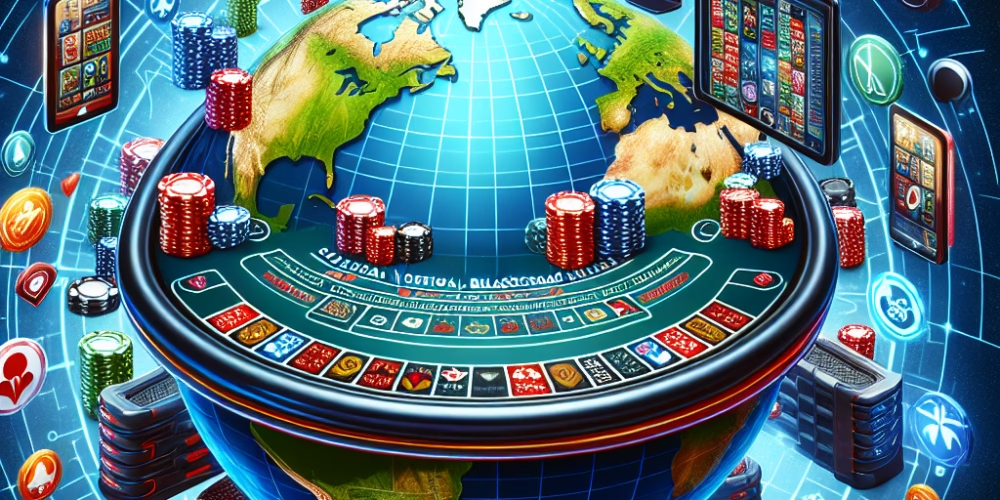In recent years, the age-old game of blackjack has witnessed a remarkable evolution, not only maintaining its stature among traditional table games in casinos but also experiencing an unprecedented surge in its online format. As more players pivot to digital platforms amid global shifts in gaming preferences, developers and casinos have rolled out numerous innovations aimed at enriching player experience and enhancing engagement.
This trend, fueled in part by increased internet accessibility and advanced smartphone technology, has thrust online blackjack into a significant growth phase. Companies are quick to capitalize on this trend, introducing features like live dealer games, VR blackjack, and blockchain-based gaming that promise a more immersive and transparent experience for users.
Industry analysts have observed a stark increase particularly during the last quarter. “The numbers are telling,” remarks Elaine Morris, a gaming industry consultant. “We’ve seen a 40% increase in online blackjack traffic compared to the same period last year. The pandemic certainly played a role in accelerating what was already a swift shift to online gaming, but innovations in the space are keeping players engaged.”
One of the standout innovations in the blackjack arena is the introduction of live dealer games. These games replicate the physical casino experience by streaming a live dealer in real time, dealing real cards on actual tables. Players can interact with the dealer and other players, adding a social element that was once lacking in online formats. Casinos are using high-definition streaming and multi-angle cameras to enhance the experience further, making it as close to the real thing as possible.
Furthermore, the integration of Virtual Reality (VR) into blackjack games marks another leap towards immersive gaming. VR technology allows players to virtually sit at a blackjack table, look around a 3D casino environment, and interact with a lifelike dealer and fellow players. “VR blackjack is not just a game; it’s an experience,” states Morris. “As VR headsets become more accessible and affordable, we expect to see significant growth in this segment.”
Additionally, blockchain technology is making inroads into the online blackjack market, offering transparency that reassures players about fairness and security. Blockchain-enabled blackjack games ensure that each hand dealt is verifiably random, recorded on a public ledger that is immune to tampering. This technological advancement not only enhances security but also builds trust, attracting a tech-savvy demographic keen on security and privacy.
Casinos and developers are also focusing on mobile-first strategies as smartphones continue to dominate internet access points. Modern online blackjack games are designed with mobile users in mind, providing seamless transitions from desktop to mobile and user-friendly interfaces that make playing on-the-go a breeze.
Moreover, the competitive landscape has led to the adoption of aggressive marketing strategies, including generous bonuses, loyalty programs, and promotions specifically targeting blackjack players. These incentives not only enhance player retention but also attract newcomers eager to try their hand at blackjack without the intimidation of a physical casino environment.
However, this rapid expansion and innovation aren’t without challenges. Regulatory hurdles vary significantly between regions, affecting how companies can operate and market their games. Additionally, concerns around gambling addiction and responsible gaming are prompting developers and operators to implement more robust measures to help prevent problem gambling.
As the online blackjack market continues to expand, its impact on the broader casino and gaming industry is undeniable. It not only serves as a crucial revenue stream but also as a testbed for technological innovations that could define the future of online gambling. With players increasingly looking for convenience, security, and a more engaging gaming experience, the industry’s investment in innovation seems likely to continue driving growth in the years to come.
James Miller is a distinguished casino strategy expert with a wealth of experience in the gambling world. At CasinoNoDeposits.com, James focuses on crafting effective gaming strategies and providing insightful reviews to guide players towards making informed decisions. His deep understanding of casino mechanics and promotional offers makes him a valuable asset to the team. Dedicated to educating players, James ensures that every piece of content is accurate, actionable, and reader-friendly.


